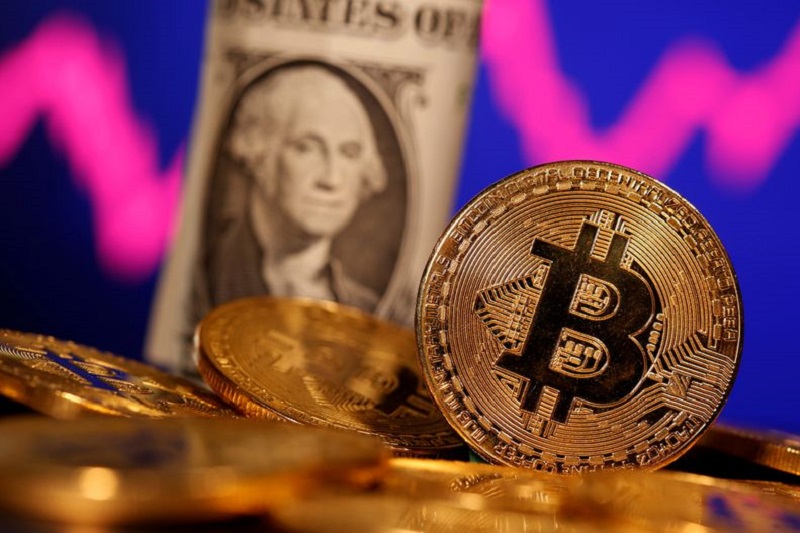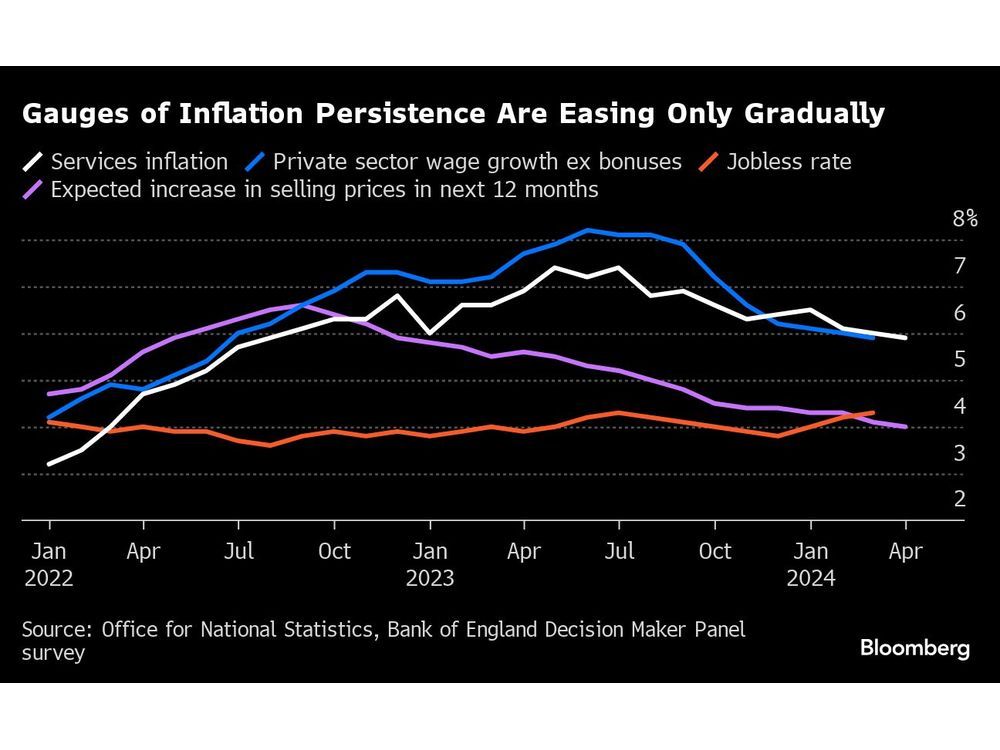Follow us on LinkedIn
Price fixing stands as a contentious practice in the realm of business, prompting scrutiny from regulatory bodies and ethical watchdogs. This blog post aims to dissect the concept of price fixing, exploring its definition, legality, various types, and real-world examples. By delving into the complexities of price fixing, we aim to shed light on its implications for markets, consumers, and businesses alike.
What is Price Fixing?
Price fixing refers to the collusive agreement between competitors to set prices at a predetermined level, often stifling competition and distorting market dynamics. This anti-competitive practice can manifest in various forms, ranging from explicit agreements to tacit understandings among industry players. While price fixing may appear advantageous to participating firms by ensuring stable profits, it ultimately harms consumers by limiting choice, stifling innovation, and driving up prices.
Legality and Regulatory Oversight
From a legal standpoint, price fixing is universally condemned and prohibited in most jurisdictions worldwide. Antitrust laws, such as the Sherman Antitrust Act in the United States and the Competition Act in Canada, explicitly outlaw price fixing and other anti-competitive behaviors. Regulatory bodies, such as the Federal Trade Commission (FTC) and the European Commission’s Directorate-General for Competition, actively monitor and prosecute instances of price fixing to safeguard market integrity and protect consumer interests.
Types of Price Fixing
Price fixing can take on various forms, including horizontal and vertical agreements. Horizontal price fixing occurs when competitors within the same industry collude to set prices, while vertical price fixing involves agreements between manufacturers, distributors, and retailers.
Other types of price-fixing schemes include bid rigging, where competitors coordinate bids for contracts, and resale price maintenance, where manufacturers dictate minimum resale prices to retailers.
Is Price Fixing Hard to Prove?
Proving price fixing can be a complex and challenging endeavor, often requiring extensive evidence and legal expertise. Since price-fixing agreements typically occur behind closed doors and involve covert communications, uncovering concrete proof of collusion can be arduous. Additionally, participants in price-fixing schemes may take deliberate steps to conceal their activities, making detection even more difficult.
However, despite these challenges, regulatory authorities and law enforcement agencies employ various investigative techniques, such as surveillance, whistleblower reports, and forensic analysis of electronic communications, to uncover instances of price fixing and hold perpetrators accountable. While proving price fixing may be daunting, the pursuit of justice and the preservation of fair competition remain paramount in the fight against anti-competitive behavior.
Examples of Price Fixing
Several high-profile cases illustrate the prevalence and impact of price fixing across industries. For instance, the global automotive industry faced scrutiny for cartel-like behavior among manufacturers, resulting in hefty fines and reputational damage. Similarly, the financial sector witnessed scandals involving the manipulation of benchmark interest rates, such as the LIBOR scandal, where banks colluded to manipulate interest rates for financial gain.
Conclusion
Price fixing represents a fundamental threat to market competition and consumer welfare, warranting vigilant oversight and enforcement by regulatory authorities. By understanding the intricacies of price fixing, businesses can steer clear of anti-competitive practices and uphold ethical standards in their operations. Through collective efforts to combat price fixing and promote fair competition, we can foster vibrant, dynamic markets that benefit consumers, businesses, and society as a whole.
Further questions
What's your question? Ask it in the discussion forum
Have an answer to the questions below? Post it here or in the forum





Prime Minister Keir Starmer’s promise to “get Britain building again” will quickly face a shortage of skilled workers in the very industries he’s hoping will power the turnaround.